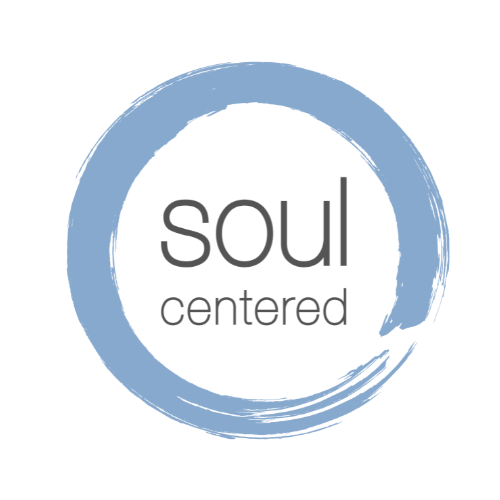Transforming Tragedy
“To every thing there is a season… a time to weep, and a time to laugh; a time to mourn, and a time to dance” -Ecclesiastes 3:4
Do you want to know how to deal with coronavirus, or whatever collective crisis is next, or whatever personal tragedy is around the corner? If you do, just look to the Israelis. All you need to know about transforming tragedy takes place in Israel over the next two days.
Today is Israel Memorial Day (Yom HaZikaron). It is not a day for picnics, taking off work or kicking back to relax – even in the best of times. It is an utterly dark, tragic and heartbreaking day; a day felt by everyone as no Israeli is able to distance themselves from loss due to war or terror. Everyone has lost someone in Israel. Even if you’re simply visiting the country, it is a day you can’t avoid the pain, and can’t forget the experience long after you have left.
The air raid siren sounds from north to south. Everyone stops what they are doing, wherever they are, to pay tribute to those who were killed in re-establishing and defending the Jewish homeland. The radio plays somber music. Television is only mood appropriate programming. Everyone attends ceremonies, visits graves and cries; so many tears, so much crying, so much pain, anguish and heartbreak. It is a day to remember and be remembered.
And yet…
As nightfall descends, before the tears are dry, the country erupts in dancing, in laughter, and in celebration. Israel Independence Day (Yom Ha’Atzamaut) the most joyous day of the year, begins on the same day as the sorrow (the Hebrew calendar begins at night so technically its a new day but essentially feels like the same day).
To a visitor it might be a bit jarring.
To an outsider it might even seem bizarre.
To this rabbi, however, this radical juxtaposition of energies and experiences is utterly beautiful and the single most important teaching of Judaism.
In the words of Ecclesiastes, “To every thing there is a season… a time to weep, and a time to laugh; a time to mourn, and a time to dance.” The Jewish homeland was established to reflect the Jewish mission and embody this message, the Divine charge, and there was evening, and there was morning – to transform darkness into light.
We transform tragedy by remembering: remembering those who came before us and what was sacrificed for our freedom. Remembering transforms tragedy.
We transform tragedy by feeling the pain and anguish that comes with each and every loss. Then we pick ourselves up, force ourselves onwards, out of the sorrow and into the laughter, whether we feel like it or not. Celebrating transforms tragedy.
We transform tragedy by committing to not only live out this mission on these two nights of the year, but to do so every time the darkness descends within our lives. Committing transforms tragedy.
Death is tragic. Darkness is inevitable. There is nothing we can do about the death. When the darkness comes, in whatever form it descends, it s is always out of our control. However, the reminder of the Israeli days of Yom HaZikaron and Yom Ha’atzmaut, the perennial teaching of Judaism, and the eternal call of the Divine is that we can always choose, we must always choose to weep and then to laugh; to mourn and then to dance; to cry tears of sorrow and then cry tears of joy.
This is how we transform tragedy. This is why we are here. When the darkness descends, this is what each of us is called to do.
May you be comforted in your tears of sorrow and may you be blessed in your tears of joy.
